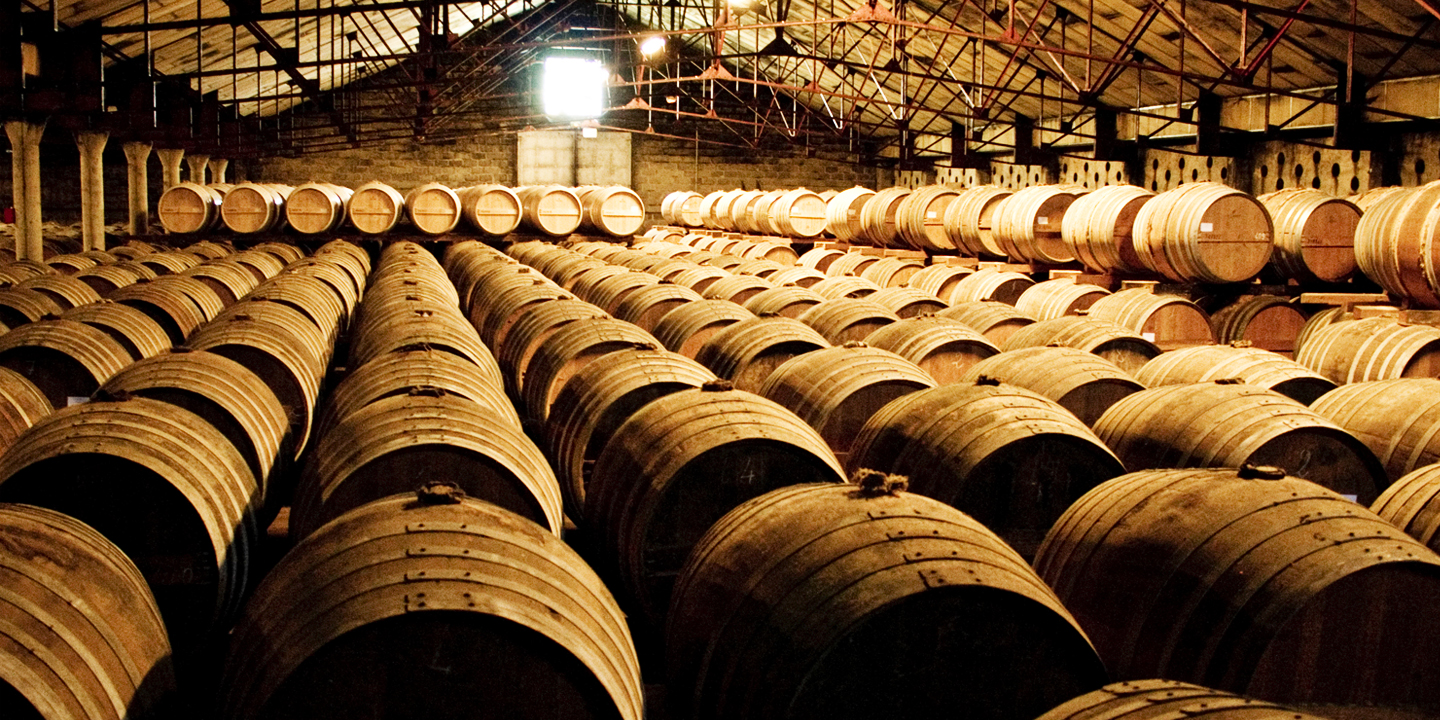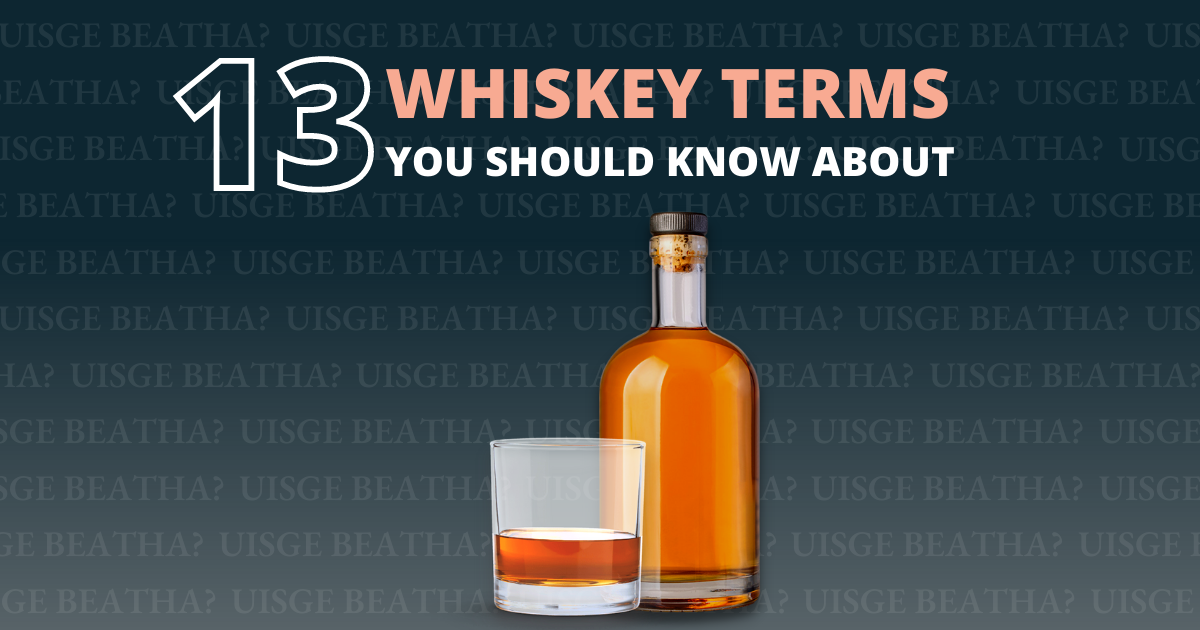This website uses cookies
We use cookies to personalise content and ads, to provide social media features and to analyse our traffic. We also share information about your use of our site with our social media, advertising and analytics partners who may combine it with other information that you’ve provided to them or that they’ve collected from your use of their services.
Cookie Policy
What are cookies?
A cookie is a small text file that a website stores on your computer or mobile device when you visit the site.
- First party cookies are cookies set by the website you're visiting. Only that website can read them. In addition, a website might potentially use external services, which also set their own cookies, known as third-party cookies.
- Persistent cookies are cookies saved on your computer and that are not deleted automatically when you quit your browser, unlike a session cookie, which is deleted when you quit your browser.
Every time you visit our websites, you will be prompted to accept or refuse cookies. The purpose is to enable the site to remember your preferences (such as user name, language, etc.) for a certain period of time. That way, you don't have to re-enter them when browsing around the site during the same visit.
Cookies can also be used to establish anonymised statistics about the browsing experience on our sites.
How do we use cookies?
Currently, there are four types of cookies that may be generated as you browse our site: Strictly Necessary, Statistics, Preference and Marketing cookies.
1. Strictly Necessary Cookies
These cookies are essential for you to browse the website and use its features, such as accessing secure areas of the site. Cookies that allow web shops to hold your items in your cart while you are shopping online are an example of strictly necessary cookies. These cookies will generally be first-party session cookies. While it is not required to obtain consent for these cookies, what they do and why they are necessary are explained in the table below.
How do I control Strictly Necessary Cookies?
You can use your browser settings to control whether or not we set session cookies. More information on your browser settings is provided at the bottom of this page.
Please be aware that these cookies are critical to the efficient working of the site. If you choose to disable these cookies from this site, the functionality of the site may be greatly reduced.
2. Statistics Cookies
Also known as "performance cookies," these cookies collect information about how you use a website, like which pages you visited and which links you clicked on. None of this information can be used to identify you. It is all aggregated and, therefore, anonymized. Their sole purpose is to improve website functions. This includes cookies from third-party analytics services as long as the cookies are for the exclusive use of the owner of the website visited.
Statistical information is used in reports and to improve our site. For example, we have used analytics data to add, remove or change features of the site based on how popular they are with users.
We track, for example:
- the numbers of visitors to individual pages;
- when pages were visited;
- how long users stayed on the page;
- the IP address of the user of the website;
- the page they came from;
- technical data about the device being used to browse the site (such as browser and operating system version, and display size) — we use this data to ensure that the technology our site uses is appropriate for the majority of our users, and how best to display the site for users who have less capable browsers.
More information about Statistics cookies
We use cookies from different partners including Google to provide our analytics data. You can read more about how Google Analytics treats your data on their web site. You can also read Google's full privacy policy.
How do I control Statistics cookies?
Google provides a tool to opt-out of Google Analytics. This is available for all modern browsers in the form of a browser plugin. Additionally, you can control how cookies are set using your browser settings.
3. Preference cookies
Also known as "functionality cookies," these cookies allow a website to remember choices you have made in the past, like what language you prefer, whether you have accepted our cookie policy, what region you would like weather reports for, or what your user name and password are so you can automatically log in.
4. Marketing cookies
The advertisements you see displayed on this, and other, sites are generated by third parties. These services may use their own anonymous cookies to track how many times a particular ad has been displayed to you and may track your visits to other sites where their ads are displayed. Please note that advertisers can only track visits to sites which display their ads or other content. This tracking is anonymous, meaning that they do not identify who is viewing which ads.
Tracking in this manner allows advertisers to show you ads that are more likely to be interesting to you, and also limit the number of times you see the same ad across a wide number of sites. As an example of how advertisers operate, if you recently researched holidays, adverts for holiday operators may subsequently appear on our sites.
We do not have access to, or control over, these third party cookies; nor can we view the data held by these advertisers. Online advertisers provide ways for you to opt-out of your browsing being tracked. More information about the advertisers we use, and how to opt-out, is provided below.
Youtube
We display clips from Youtube related to our purchase opportunities. You can view Youtubes's privacy policy on their website. This page also allows you to control what cookies YouTube saves on your computer.
We work with Google to optimise how Google ads are displayed. You can discover how Google protects your privacy relating to ads at its privacy policy.
Cookie Table of our cookies
Cookies you may see used on konvi.app
| Cookie name | Default expiration time | Purpose | Description |
|---|---|---|---|
| _fbp | 3 months | Marketing cookies | Facebook: to store and track visits across websites. |
| _ga | 2 years | Statistics cookies | Google Analytics: to store and count pageviews. |
| _gat_UA-* | 1 minute | Statistics cookies | Google Analytics: functional |
| _gid | 1 day | Statistics cookies | Google Analytics: to store and count pageviews. |
| _iub_cs-* | 1 year | Preferences cookies | iubenda: to store cookie consent preferences. |
| euconsent-v2 | 1 year | Preferences cookies | To store cookie consent preferences. |
| referrerReferralId | 1 browser session | Strictly necessary cookies | Track user referrals |
| t_gid | 1 year | Marketing cookies | Taboola: assigns a unique User ID that allows Taboola to recommend specific advertisements and content to this user |
| APISID | 2 years | Marketing cookies | Youtube: Google Ads Optimization |
| HSID | 2 years | Marketing cookies | Youtube: to provide fraud prevention |
| LOGIN_INFO | 2 years | Marketing cookies | Youtube: to store and track visits across websites. |
| PREF | 2 years | Marketing cookies | Youtube: to store and track visits across websites. |
| SAPISID | 2 years | Marketing cookies | Youtube: Google Ads Optimization |
| SID | 2 years | Marketing cookies | Youtube: to provide ad delivery or retargeting, provide fraud prevention. |
| SIDCC | 1 year | Marketing cookies | Youtube: to provide ad delivery or retargeting, provide fraud prevention. |
| SSID | 2 years | Marketing cookies | Youtube: to provide ad delivery or retargeting, provide fraud prevention. |
| VISITOR_INFO1_LIVE | 1 year | Strictly necessary cookies | Youtube: to provide bandwidth estimations. |
| YSC | 1 browser session | Marketing cookies | Youtube: to store a unique user ID. |
| __Secure-1PAPISID | 2 years | Marketing cookies | Youtube: Google Ads Optimization |
| __Secure-1PSID | 2 years | Marketing cookies | Youtube: to provide ad delivery or retargeting, provide fraud prevention. |
| __Secure-3PAPISID | 2 years | Marketing cookies | Youtube: Google Ads Optimization |
| __Secure-3PSID | 2 years | Marketing cookies | Youtube: to provide ad delivery or retargeting, provide fraud prevention. |
| __Secure-3PSIDCC | 1 year | Marketing cookies | Youtube: to provide ad delivery or retargeting, provide fraud prevention. |
| IDE | 1.5 years | Marketing cookies | doubleclick: serving targeted advertisements that are relevant to the user across the web. |
| RUL | 1 year | Marketing cookies | doubleclick: serving targeted advertisements that are relevant to the user across the web. |
| variant | 1 browser session | Strictly necessary cookies | For providing targeted content to users |
| cookie_consent | 1 year | Strictly necessary cookies | For persisting cookie consent |
| 1P_JAR | 1 month | Marketing cookies | Google: optimize advertising, to provide ads relevant to users |
| NID | 1 month | Marketing cookies | Google: to provide ad delivery or retargeting, store user preferences |
Removing cookies from your device
You can delete all cookies that are already on your device by clearing the browsing history of your browser. This will remove all cookies from all websites you have visited.
Be aware though that you may also lose some saved information (e.g. saved login details, site preferences).
Managing site-specific cookies
For more detailed control over site-specific cookies, check the privacy and cookie settings in your preferred browser
Blocking cookies
You can set most modern browsers to prevent any cookies being placed on your device, but you may then have to manually adjust some preferences every time you visit a site/page. And some services and functionalities may not work properly at all (e.g. profile logging-in).
Further help
If you still have any concerns relating to our use of cookies, please contact us at support@konvi.app
Whisky comes in many variations, as distilleries and regions influence the ingredients and aging process during production. Terms like “sour mash” or “Bottled-in-Bond” are ubiquitously used among experts, which makes it difficult for newbies to follow. To help you differentiate between the different varieties, Konvi has compiled a glossary of the most important terms that you should know about while you start your whisky investment journey.
ABV:
the abbreviation stands for Alcohol By Volume and is a measure of the alcohol content and strength of the whisky. It is expressed in relative terms as a percentage.
Angels' Share:
During maturation, alcohol will evaporate from the cask. The Angels’ Share describes the precise lost amount which is on average between 0.5% and 1% of alcohol per year. The name comes from the evaporation process which leads the alcohol content to irretrievably rise to the sky.
Blending:
This term refers to the artful mixing of different whiskys to create a new and cohesive whisky. However, while maybe misleading blending does not always result in so-called blended whisky, as every whisky that originates from more than one particular cask will inevitably be a blended whisky.
Bottled-in-bond:
This term originates from the United States dating back to 1897 and the Bottled-in-bond Act. This legislation stipulates that whiskys that are designed in Bottled-in-Bond must be produced by the same distiller in the same distillery. Furthermore, it has to be produced in the same distilling season which can be fall or spring. It then has to be aged for at least four years in a federally bonded warehouse with the supervision of the federal government and reach a cut and bottled APV of exactly 50%.
Cask strength:
As the name suggests, cask strength refers to the exact strength of a bottle of whisky after it has been extracted from a barrel. The whisky is hence not diluted and will result in obtaining the maximum pure flavor.

Charring:
Before whisky is professionally matured it needs to be filled into a barrel or cask. Charring is the process of burning the interior of bourbon barrels for up to a minute in order to develop a charred layer on the inside. The intensity and length of the burning process determine the color, flavor, and aroma of the whisky.

Chill filtration:
The process of chill filtration involves cooling down the whisky to a sub-freezing temperature and proceeding with a filtration process that removes oils that would normally cause a whisky to turn cloudy. This results in the whisky staying clear, whether it is cold or warm. This could sometimes have the side effect of having a less intensive flavor and a thinner mouthfeel.
Column still:
Other than pot stills, column stills are much taller and differ in the underlying structure. Wash is routed into the middle of the column, where it encounters steam and plates that separate it into fractions of varying alcoholic strengths. Opposite to pot stills that need to be emptied and reloaded between batches, column stills can run continuously which has given them the nickname of continuous stills. These still types are widely used to produce bourbon and rye, as well as gran whisky from the British Isles.

Pot still:
This type of pot is the most widely used version. It is basically a big pot on the base narrowing to a vertical neck made out of copper.
Proof:
As with more or less every other standardized measurement unit, the United States uses its own measure to indicate the alcohol content. The proof of a whisky is twice the percentage of alcohol by volume measure that is most commonly used. For example, an 85-proof whisky is 42.5% alcohol. However, the word can also be used as a verb referring to the process of adding water to reduce the strength of a whisky.
Sour mash:
Similar to a starter that is used for yogurt or sourdough, sour mash refers to a distilling technique that uses a small amount of an older fermentation to start the new one. It is widely used to ensure consistency from one batch to the next, and will not result in a more sour-tasting whisky.
Slàinte Mhath:
Do you want to fully integrate yourself into the whisky community? Then toast with your friends with the phrase “Slainte Mhath” (Pronounced Slanj-a-va) the next time you go out for a drink. The Gaelic term literally means "good health", which is an ideal phrase when toasting a dram of your favorite!
Uisge Beatha:
Now that you have a new toast you can use when drinking with your friends, you can also use the Gaelic word for whisky, literally translating to 'Water of Life' when ordering a whisky. Make sure to pronounce the phrase as “ish-ka ba-ha”. However, this will not help you much as you will definitely look at some confused faces if you’re not being served by a Gaelic speaker.

